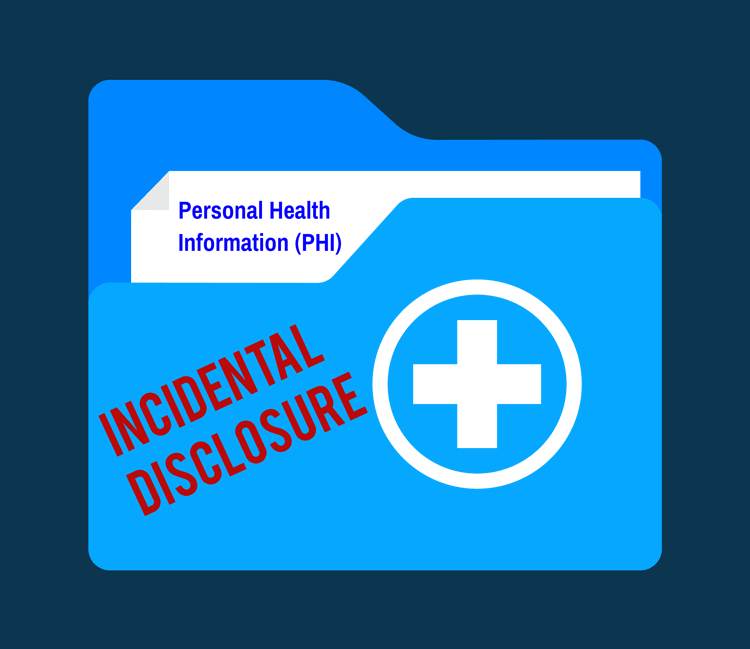How to Open a Drug Rehab Center: 21 Things to Know
Drug rehab centers are big business, with over 1,500 facilities around the U.S. and 3.7 million people receiving treatment for drug and alcohol addiction. Many are filled to capacity, and many more are needed to meet the growing demand for rehab treatment.
Some of the most famous include the Hazelden Betty Ford Foundation, with 16 treatment centers nationwide. Drug and alcohol addiction can affect anyone; as much as society might not want to acknowledge it, this is a widespread nationwide epidemic.
Many people struggling with addictions have families and careers — busy soccer moms and hardworking, professional, family men. Teenagers and older generations are equally affected. An addiction is often a symptom of mental health issues, often deep-rooted. Despite the sadly all-too-often stereotype, this isn't a Hollywood celebrity issue, and it's not confined to California.
Drug and rehab centers provide a vital service for millions across the country, and there are millions more who would benefit from treatment. Here are 3 benefits, and 21 things you need to know before starting a drug rehab center.

3 Benefits of Opening a Drug Rehab Center
-
Helping people with serious problems
According to one study, there are 23 million Americans who need treatment for addiction to drugs (including over-the-counter medicine) and alcohol. And yet, only 11% are receiving treatment for addictions, via the 1,500 rehab centers around the country.
Drug addiction is a serious problem that can cause overdoses and deaths. In 2021, there were over 100,000 deaths from drug-related overdoses. Around 70% of them "involved some type of opioid", according to American Addiction Centers, another clear sign that we are still in the middle of an opioid epidemic, and that more treatment centers are urgently needed.
-
A rewarding business that can achieve broad benefits for patients and families
Although the statistics say that 23 million Americans are suffering from addictions — drugs, alcohol, or both — there's a good possibility that number is low, because many people don't want to admit it, either to themselves, family or friends, nor to someone asking survey questions. With more treatment centers around the country, more people might come forward to seek help.
Not only that, but the number of those actually affected by addiction is always going to be far higher than those with an addiction. Consider the knock-on effect of those with families, children, parents, friends, and co-workers.
Addiction generates a force multiplier of negativity, regardless of how serious or mild the problem, and whether someone thinks they have it under control. Opening a drug or alcohol rehab center could benefit thousands of patients, and beyond that, tens or hundreds of thousands more people in the wider familial and social circle of everyone your center worked with.
-
A profitable business model
From a purely economic standpoint, helping people get and stay sober and overcome addictions can be a profitable business model. Whether patients pay for themselves, insurance covers some of the cost (addiction is covered under ACA and Medicaid), or you get government funding so it's free for customers, there's actually big money to be made.
Marketdata estimates that the addictions treatment sector is already worth $42 billion, with a steady 5.2% annual growth. It's expected to be worth over $53 billion by 2025. Private investors, Venture Capitalist (VCs) and Private Equity (PE) firms are pouring money into the sector — a clear sign it's poised for future growth.
Treatment centers can charge anywhere between $15,000 and $60,000 for 30-days in rehab. Plus, there are numerous other revenue streams drug and alcohol rehab centers can tap into.
Heightened investor interest is also a positive sign that you could — with a strong business model and professional/time credentials — aim to attract investments to help get your rehab center launched.
9 Technology Considerations for Running Your Addiction Treatment Center
Addiction recovery centers need to invest in technology to support patient services, admin, and marketing activities. Minimum technology requirements include the following:
- Communications: A website, email, and cloud-based telephone system.
- Apps: For those intending to provide mobile/telehealth services (mHealth), then a patient-centric app is essential. Giving patients access to a range of approved and tested self-help apps could also be helpful, provided they integrate with treatment plans.
- Patient records: Secure and HIPAA-compliant patient record systems, ideally with cloud-based storage.
- Internal systems to ensure staff can communicate and share patient records, treatment plans, and other administrative details.
- Integration with insurance, government funding, and other external financial systems.
- Integration with a range of relevant medical systems to support patient treatment plans.
- A payment system and processor for rehab centers that take payments directly from patients.
- Software for managing and monitoring medicines prescribed to patients.
- Marketing and admin systems to ensure the smooth running of a rehab center.
Patient data privacy and security is essential, as is HIPAA compliance (more about that below).
4 Legal Considerations for Starting a Treatment Center
- State licensing. Rehab centers need to be licensed to operate according to state laws. Before you make any investment in a property, you need to apply for and receive a license and permits in your state. In some states, such as Arizona, it can cost as little as $50 to get a license. In others, such as California, it's thousands of dollars. Plus, in every state there are annual renewal and compliance costs, usually running into the thousands.
It can take 6-12 months to obtain a license, and in many states you're required to be partially operational during that time. However, you can't take on any patients until a license has come through. Make sure your business plan and financing take this into account. - Zoning laws. As part of this, you need to ensure the zoning laws and municipal regulations allow a rehab facility to operate where you want to open one.
- Insurance. Before you get a license, you need insurance, and you need to understand whether or not some patients will be covered by insurance companies. One of the reasons many for-profit centers prefer private patients is they pay upfront. If you're waiting on payments from insurance companies, it can take months, so be sure to factor that into your business plan and cashflow forecasts as well.
- HIPAA compliance. And finally, rehab center owners and staff need training and a working understanding of the Health Insurance Portability and Accountability Act (HIPAA), plus other regulations that protect patient data, especially digital data. For insurance and regulatory compliance and patient security, you need to work with secure cloud-based software vendors that are HIPAA compliant, such as Giva.
8 Practical Considerations Before Launching a Rehab Center
Launching a rehab center isn't cheap. Ideally, you should have experience in the sector, as a licensed therapist, or drug and alcohol counselor. Patients — and other stakeholders, such as investors — will more easily trust professionals with the right qualifications and experience to lead a rehab center.
However, that isn't the only consideration when setting one up. In most cases, you need the budget and help to put the following in-place:
- Lease or buy a building. How many rooms do you need? How many patients can you support with the space available?
- Does the building need work to transform it into a safe, comfortable, peaceful environment?
- Have you factored in furnishings, especially if patients are moving in for a 30+ day period?
- The cost and time it takes to get the required licensing and permits (depending on the state).
- Hiring and training staff. Rehab centers need doctors, nurses, counselors, therapists, and support staff (admin, marketing, kitchen, cleaning, etc.). Staff will need to be background checked, have experience in the sector, and be able to handle sometimes difficult situations calmly and professionally.
- Marketing the center to ensure you're getting patients once the doors open.
- A budget and business plan so you know what it will cost to run it, your break-even point, and operating profits.
- Whether you can receive government funding to offer free services for those who can't afford it, or to pursue a fee or insurance-based pricing model.
Conclusion: What to Consider Before Founding a Rehab Center
Founding a drug or alcohol addiction rehab center is an altruistic and socially beneficial activity to undertake. You could help thousands of people, and many thousands more impacted by those with addictions. Millions of Americans need this service now more than ever, to help them fight alcohol and drug addictions.
Rehab addiction centers are also profitable businesses. It's already a $48 billion sector, and that's with only 11% of Americans receiving treatment for their addictions. There's clearly huge, untapped demand for these services.
Aspiring rehab center founders should understand that this will take time. It could take as long as a year to get the relevant licenses before you can open and start taking on paying patients. There's a lot to consider.
In this article, we covered the 21 things rehab center owners need to put in-place before launching. Once you've checked all of those boxes, there are millions of people around the country who could potentially benefit from your drug and alcohol rehab services.





